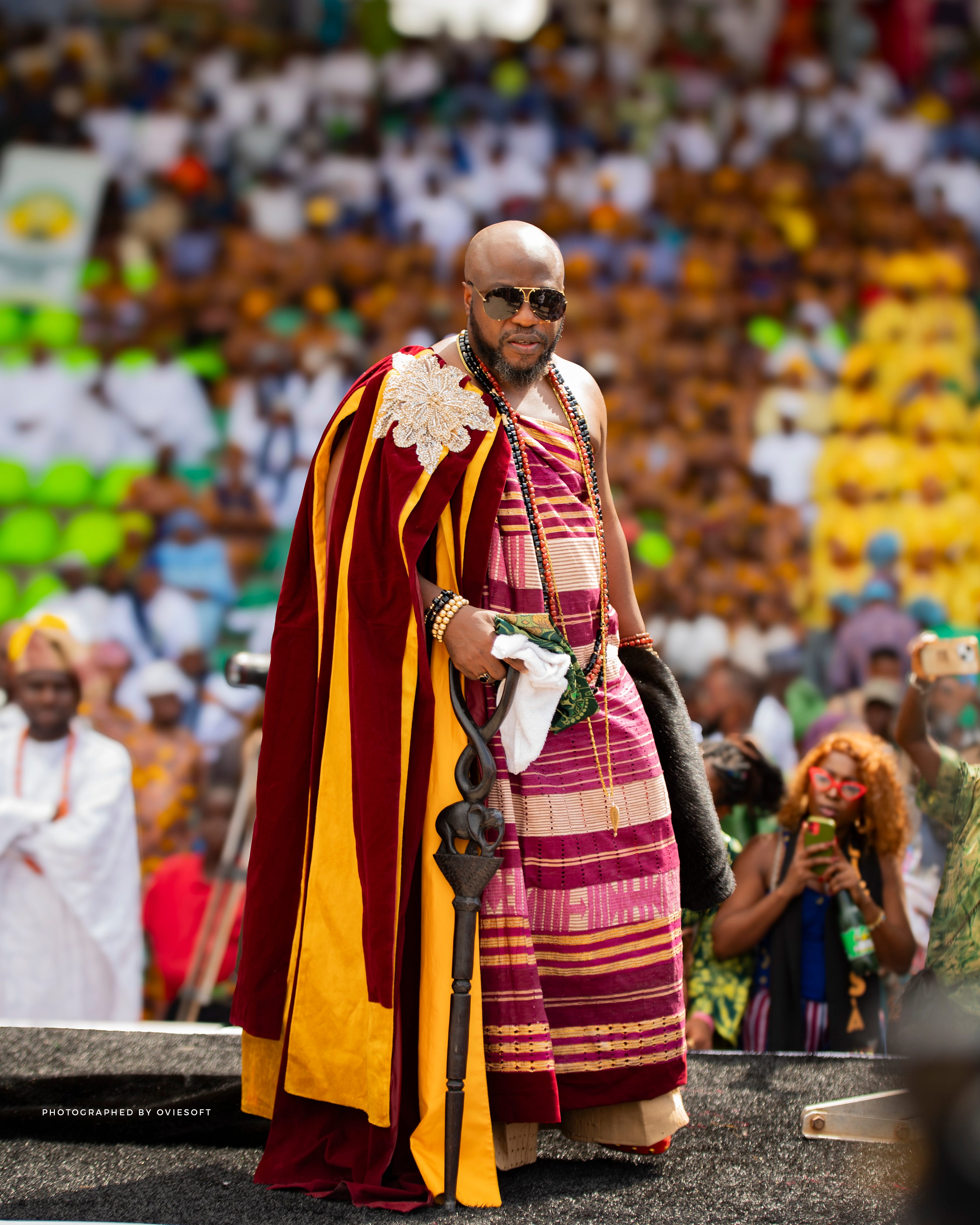
The 38th edition of the Lisabi Festival was a resounding celebration of history, heritage, and the creative evolution of the Egba people. Held on the 5th of April in Abeokuta, Ogun State, the festival honoured the enduring legacy of Lisabi Agbongbo Akala — the valiant warrior who liberated the Egba people from the tyranny of the Oyo Empire in the 18th century. This year’s event, themed Ègbáliganza 2025, did more than honour a hero; it redefined cultural celebration as a dynamic tool for global visibility, economic empowerment, and artistic excellence.
The Egba People
The Yorubas are one of the three major tribes in the southwestern part of Nigeria. In the past centuries before the colonisation of Nigeria by the British, the capital of the Yoruba people used to be Oyo, which controlled the kingdom of all subtribes of the Yoruba people, such as the Ijebus, Egbas, Aworis, Ilajes, Ekiti, Ife, Modakeke, Owus and many others, even reaching the Ketu, now part of the present-day francophone country, Benin Republic.
The Egba people are one of the Yoruba sub-ethnic groups comprising Ake, Owu, Oke Ona and Gbagura in Ogun Central Senatorial district, which is divided into six local government areas, namely, Abeokuta North, Abeokuta South, Ewekoro, Ifo, Obafemi Owode and Odeda local governments. The Egba people migrated from the Oyo Kingdom to the Egba forests, now Abeokuta, Ogun State. The Egba subdivisions of Ake, Owu, Oke Ona and Gbagura are ruled by different kings, namely Alake of Egbaland, Olowu of Owu, Oshile of Oke Ona and the Agura of Gbagura Kingdom, respectively. Lisabi was a native of Itoku in Abeokuta, and he resided at Igbein during his time. Lisabi’s feat as a warrior and a leader prompted the Egba people to reserve the right of Balogun of Egbaland to people from Igbein. As part of the annual Lisabi festival celebrations, Egba people, led by the Alake of Egbaland, always march to the Lisabi Sacred Forest (Igbo Lisabi) where the Hero is reported disappeared in Oba village, Obafemi/Owode Local Government, Ogun State to pay obeisance to the Egba Hero.

History of Lisabi Agbongbo Akala
Between 1770 and 1780, the Oyo King, the Alaafin of Oyo, being the head of the Yoruba government, usually sent out his tribute collectors, the Ilaris, to collect taxes or tributes from all the Yoruba tribes under his domain from time to time. These tributes did not sit well with the Egba people based in Abeokuta (present-day Ogun state) because of the excesses of the Ilaris, but everyone feared the might of the Oyo army and the Alaafin. Lisabi Agbongbo Akala observed that it will not be easy to convince people to fight for their freedom from these tributes and become independent.
Hence, Lisabi devised a plan to free his people from the hold of the Oyo Empire. First, he started a cooperative for farmers called “Egbe Aro” to help them improve their yields by working together on each other’s farms in rotation weekly. According to historical accounts, Lisabi assisted farmers on their farms, ensuring that he worked hard, but when it was time for these farmers to return the favour, he asked them to team up with him to fight the Ilaris in return for his services. After he had convinced all the farmers, they planned and executed a shocking attack that annihilated 600 Ilaris in 1780.
Following the revolt, the Alaafin sent an army to teach the Egba people a lesson, but they were subsequently defeated, thereby ending the years of paying tributes to the Alaafin of Oyo. Lisabi was also proactive enough to build walls and trenches around prominent cities in the Egba kingdom around that time to prevent attacks from external forces, he also formed an alliance with the Oke-Ogun people to fight the Dahomey amazon warriors. After defeating the Oyo Empire, Lisabi mysteriously disappeared in the Egba Forest, now called Igbo Lisabi. His disappearance was a myth, and it further solidified his status as a semi-god, and he has been celebrated as such ever since.
This heroic feat by Lisabi was highly revered at the time, and to this day, he remains one of the most honoured figures among Egba sons and daughters. In recognition of his bravery and enduring legacy, every Egba person proudly identifies as “Egba, Omo Lisabi,” which means “Egba, child of Lisabi.” Lisabi is deeply regarded as a founding ancestor and a symbol of resilience, unity, and freedom for the Egba people.
